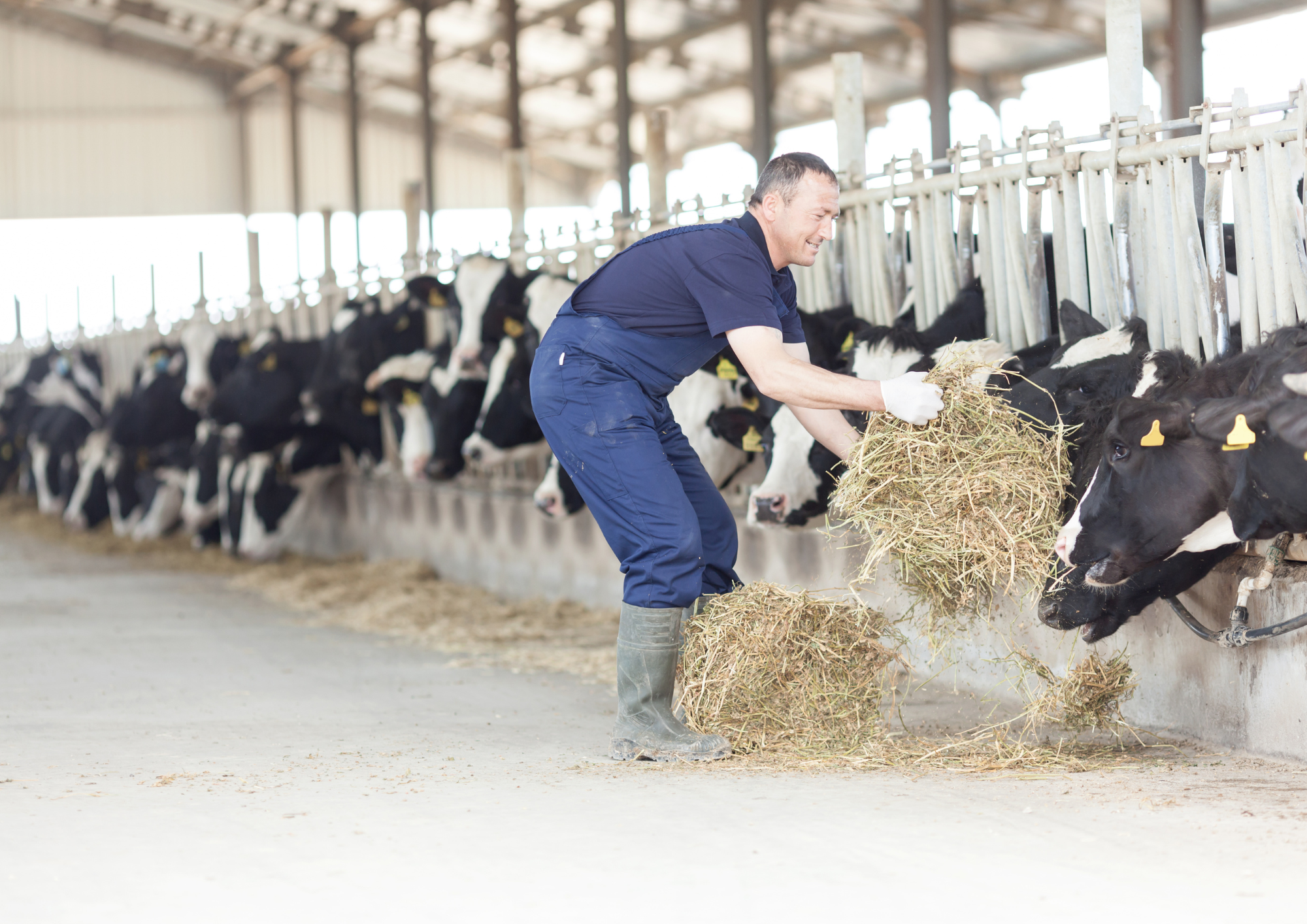Achieving net zero in the ruminant livestock industry in the UK and Ireland

To achieve the ambition of Net Zero emissions by 2050 and to limit global warming to 1.5°C, there is an urgent need to implement greenhouse gas (GHG) mitigation actions and strategies.
In the UK and Ireland, extreme weather events associated with global climate change are a substantial risk to farmers and food security as well as threatening potential environmental, societal, and economical benefits.
In the UK, agriculture is the source of 10% of total GHG emissions, whilst in Ireland this sector is responsible for 37.5% of the country’s total GHG emissions.
This includes:
- Methane emissions produced from the natural digestive processes associated with ruminant livestock
- The decomposition of manure
- Nitrous oxide from fertiliser
Ruminant livestock such as dairy and beef cattle and sheep have a higher carbon footprint than other livestock. However, agriculture can also help reduce negative impacts on the environment, for example by capturing carbon in its soils and through planting hedgerows and trees.
For the livestock industry to achieve Net Zero targets, input or support will be required from all players along the supply chain. For example, actions from policymakers, additional scientific evidence, and the deployment of innovative solutions from researchers as well as acceptance from consumers will be required.
This new report, written by EIT Food North-West in partnership with Innovate UK KTN, considers the challenges the UK and Ireland’s ruminant livestock sectors face in achieving Net Zero. It also highlights potential solutions that would enable this transition.
Six priority areas have been identified and recommended including:
- Standardisation of GHG data to establish baselines and enable benchmarking
- Cut methane emissions by optimising the age of ruminant livestock slaughter
- Rewarding farmers through policies
- Expanding the network of demonstrator farms to underpin research, facilitate knowledge transfer and accelerate transition to Net Zero
- Promote land management strategies for Net Zero
- Ensuring a more holistic response by improving the understanding of the complexity of carbon sequestration
These priority areas need to be implemented while recognising the diversity across different ruminant livestock systems, species, and geographies. No single measure will be effective in isolation, instead a combination of solutions selected from a menu of options will be required to reach the best result.

